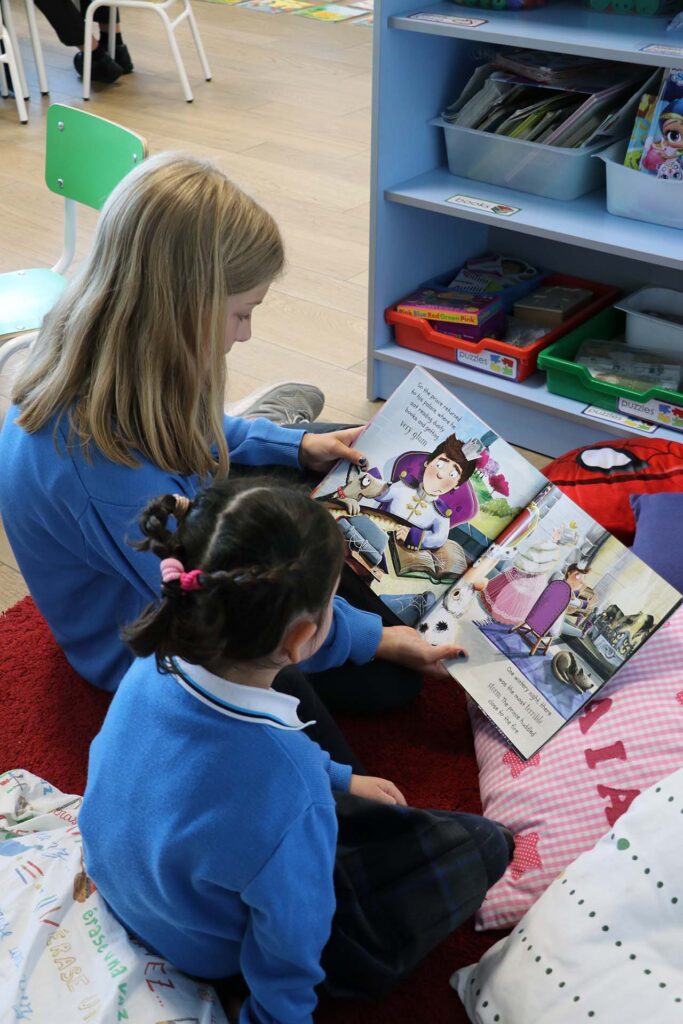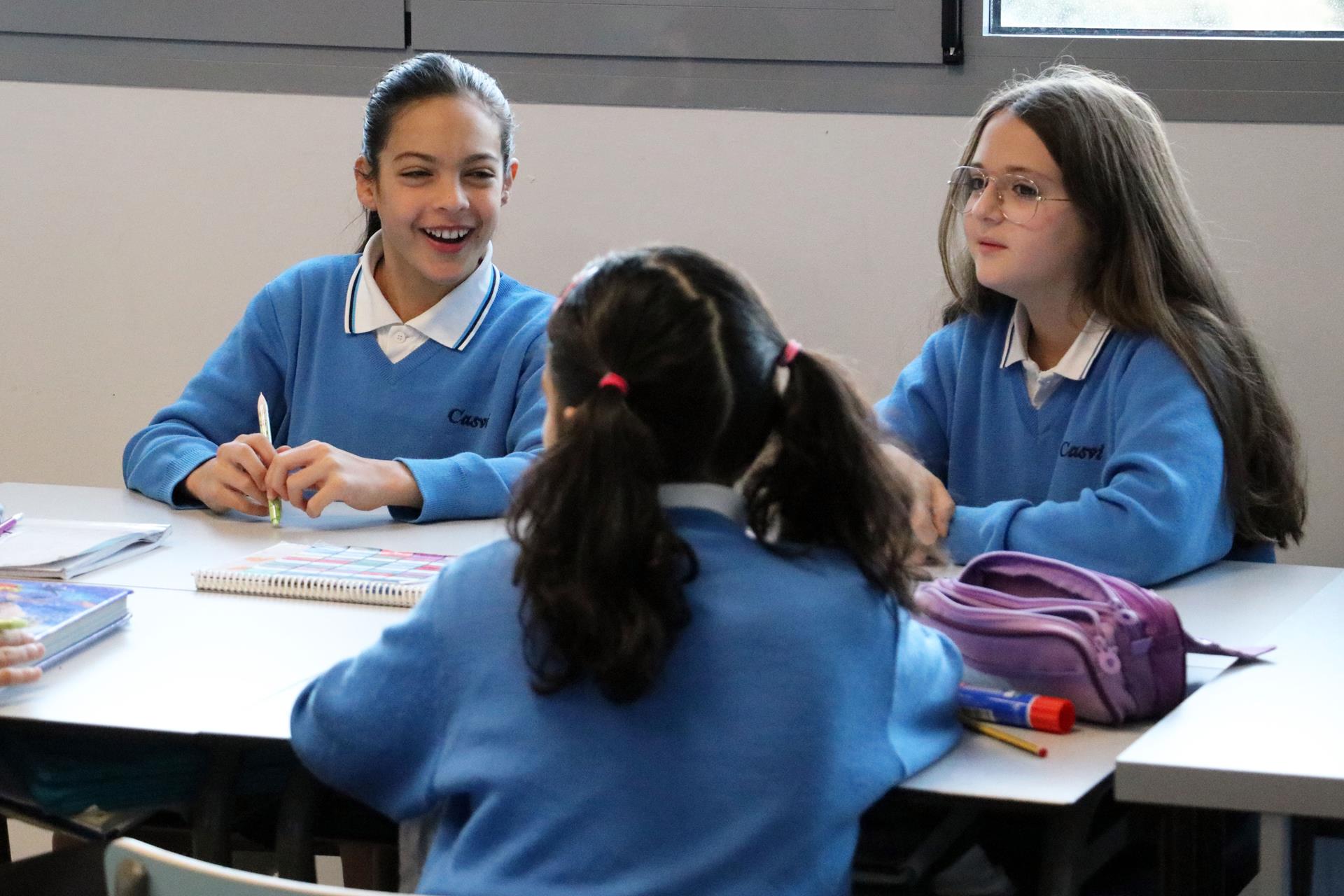What is value-based education?
Have you ever heard of ‘value-based education’? This type of education takes a step further and not only focuses on subjects that address the ‘what’ and ‘how,’ but also emphasizes the ‘why.’ This encourages students and children to become responsible, respectful, civic, supportive, compassionate, and ethical individuals. In other words, global citizens. But what does it exactly entail?
Value-based education consists of a set of tools used to promote respectful, ethical, tolerant, empathetic, and equal behavior. In other words, while traditional education emphasizes cognitive development, value-based education enhances the cultivation of civic, emotional, and social skills.
All of this allows the future adults of tomorrow to make decisions autonomously and confidently, leaving aside any kind of influence. In fact, countries like Australia or the United Kingdom have included this education model within compulsory education for years.
What characterizes value-based education?
The main goal of values-based education is to achieve a more just, equal, and supportive society. To accomplish this, this type of methodology prioritizes the following:
-The development of students in the ethical and moral aspect.
-The promotion of respect and understanding of differences, transcending cultural and religious barriers.
-The promotion of empowerment and autonomy of each individual.
-Encouraging cooperation to find solutions to collective problems.
-Understanding global issues and values such as equality and justice.
However, values-based education is a cross-cutting subject. That is, for it to be truly effective, it must be present both inside and outside the classroom. Likewise, the earlier children receive it, the greater the benefits.

The main values instilled:
Empathy. Putting ourselves in the shoes of others leads, both cognitively and emotionally, to an improvement in the ability to resolve conflicts and understand others’ opinions.
Equal opportunities. In addition to being a principle of democracy, this value promotes social inclusion and community life.
Respect for the environment. Values-based education makes us aware of the impact of our actions on the planet.
The care of health, through the promotion of healthy habits and addressing health education from a dynamic, personal, and collective perspective.
Critical thinking. Analytical and observational reasoning allows us to recognize quality information and solve problems more efficiently.
How to put values-based education into practice?
According to the age of the students, there are a series of tools or activities that allow the teacher to put this task into practice. Some examples are:
-Debates on moral dilemmas. This involves presenting, according to the students’ age, a topic that generates a moral dilemma, such as a story where the protagonist faces a complex situation. The teacher will present the different options, and the class will discuss the possible consequences of each choice.
-Care for nature. In order for children to appreciate and respect the environment around them, outdoor activities can be organized where they interact with animals and plants, as well as with the environment in general.
-Collaborating together. This involves fostering values of respect and teamwork. To do this, a set of rules is established at the beginning of the game. In this way, children commit to respecting them.
However, the teacher is also responsible for ensuring inclusion in the classroom, fostering the development of each student. In fact, inclusive breaks are one of the key options, as they allow everyone to socialize and have fun together.
Learn more about our teaching methodology
At Casvi International American School, our motto is: “We educate from the heart.” Our classrooms are not only spaces for debate or knowledge laboratories, but above all, we educate responsible and global individuals and professionals. In addition to the values of our school, students receive the principles of the International Baccalaureate (IB) in a transversal way from the age of 3 to 18. This is because Casvi is one of the few schools that offers three IB programs: PYP, MYP y DP.
If you want to learn more about our teaching methodology, visit our website or contact our Admissions Department.

